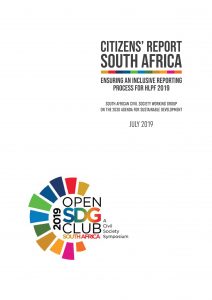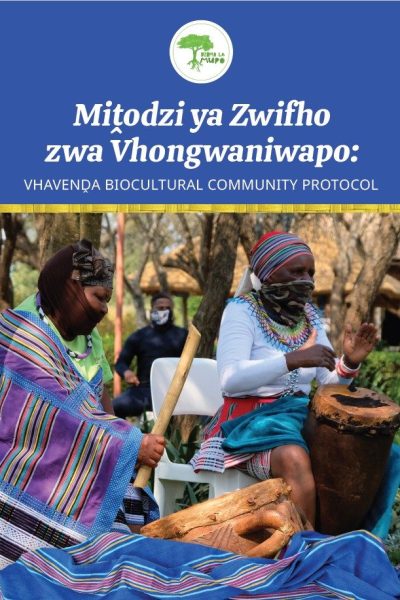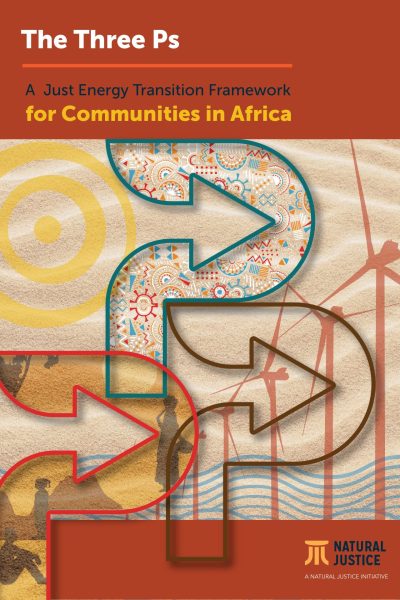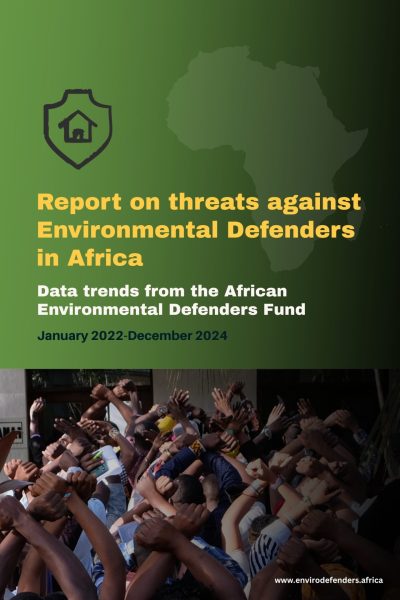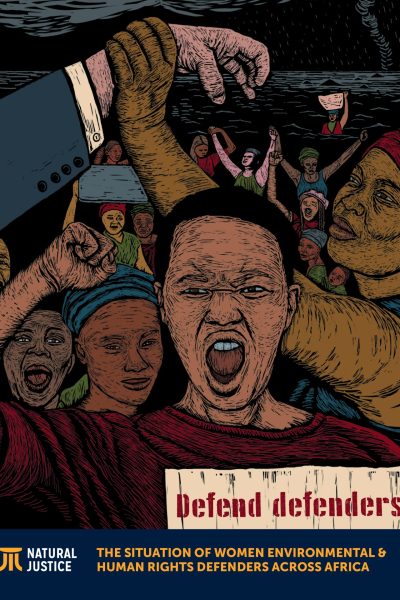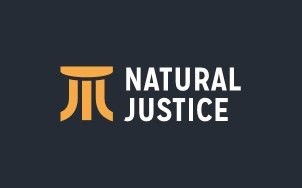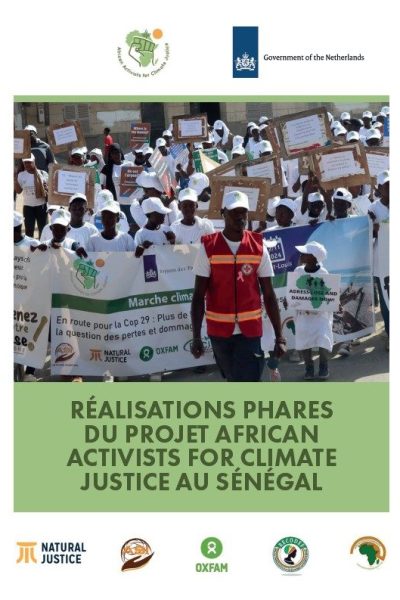Natural Justice were proud to be part of the Civil Society Working Group working towards developing a report for representation at the High Level Political Panel at the United Nations in July 2019. The Voluntary National Reviews are important for providing the views and experiences of non-governmental actors in a country – indigenous peoples, civil society, the private sector and other stakeholders.
The VNRs aim to facilitate the sharing of experiences – including successes, challenges, and lessons learned – with a view to accelerating the implementation of the 2030 Agenda.
South Africa is one of 21 governments that has volunteered to present its progress in implementing the 2030 Agenda for Sustainable Development at the July 2019 High-Level Political Forum.
Natural Justice, together with 350 Africa, Legal Resources Centre, Greenpeace Africa and GenderCC Southern Africa, contributed to the report on the Sustainable Development Goal 13 – Climate Action.
On the Country Score Card, South Africa received a rating of 2 out of 5 for climate action. Key gaps include:
- South Africa’s failure to enact comprehensive and overreaching climate change legislation has meant that approaches to climate action have been piecemeal. Most concerning is that the political will to meet South Africa’s climate commitments seems to be lacking. Climate action at the national level is also siloed into DEFF, instead of being mainstreamed across government portfolios – such a measure would acknowledge the interrelatedness of climate mitigation and adaptation with socio-economic issues.
- In addition, the national policy environment is gender-insensitive and fails to consider the communities most vulnerable to climate impacts, including paying special attention to how climate change will affect women and rural communities, informal settlements, and indigenous people. Government also does not provide information on how southern African migration is affected by climate events and how many
climate migrants we might have, including those affected within the country’s borders. Government has failed to address the cross-cutting issues of poverty, gender, and climate change; and does not disaggregate data and information when it comes to these vulnerabilities. - The government has further failed to adequately consult and communicate on climate change. Capacity development of government officials at different levels is lacking, compounding existing capacity and knowledge gaps. This creates two difficulties: a public that is not fully aware of the issues and government officials who cannot contribute to climate action.

